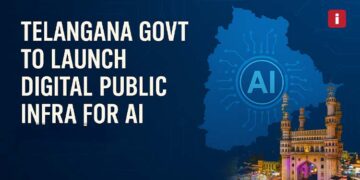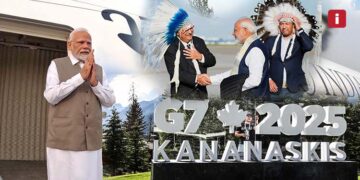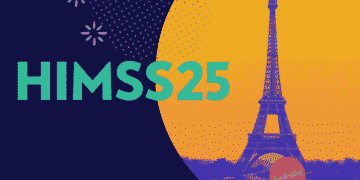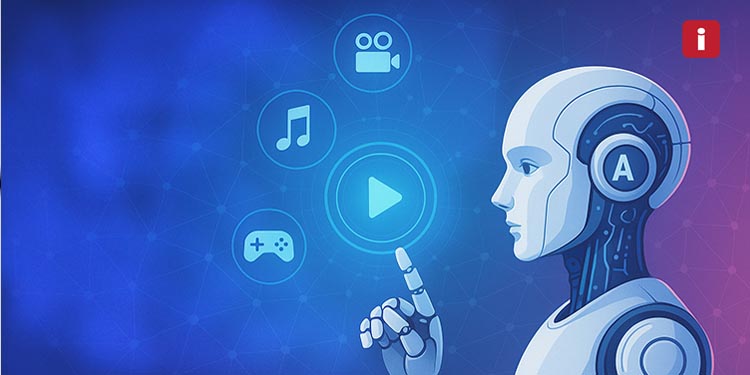The Indian entertainment industry has always evolved with technology, from hand-drawn animation to green screens and VFX. But now, artificial intelligence is ushering in a new era one that is not just enhancing creativity but reshaping the way stories are created, shared, and experienced.
Globally and in India, AI is no longer confined to backstage tools. It is becoming the algorithmic muse, assisting in everything from writing and music composition to virtual reality gaming and digital humans. The entertainment industry is entering a phase where machines do not just assist—they co-create.
This blog explores the growing role of AI in entertainment and how India is embracing this transformation.
AI in Scriptwriting and Content Creation
Writers are now leveraging AI tools like ChatGPT to brainstorm plotlines, write dialogue drafts, and structure screenplays. These tools help save time in the ideation process, enabling creators to focus more on character development and emotional impact.
In India, production houses are experimenting with AI-driven storyboarding. Platforms like ScriptBook and Jasper are being explored to predict audience reactions before a film even hits the screens. This data-driven creativity allows content creators to merge intuition with machine-backed storytelling insights.
AI in Music Composition and Audio Design
Indian music producers, independent artists, and YouTubers are increasingly adopting AI tools such as AIVA and Amper Music to compose original tracks. These platforms generate royalty-free soundtracks based on mood, genre, and tempo democratizing music production for creators who may not have access to expensive recording setups.
For platforms like Spotify India and Wynk Music, AI is also playing a crucial role in music recommendation engines, ensuring that listeners receive hyper-personalized playlists based on their taste, time of day, and past behavior.
Gaming and Immersive Worlds Powered by AI
Gaming studios in India, especially those developing role-playing or metaverse-inspired environments, are using AI to design non-linear narratives and smart characters that evolve with player choices. This is a major shift from pre-programmed character responses to emotionally adaptive gaming.
Real-time voice recognition, predictive modeling, and AI-generated graphics are pushing India’s growing mobile gaming sector towards more immersive, interactive experiences. Startups working in AR and VR gaming are integrating AI to create dynamic environments that respond in real time to player movements and decisions.
AI and the Streaming Experience
AI is driving deeper personalization across OTT platforms in India. Netflix, Amazon Prime Video, and regional players like Hoichoi and Sun NXT use machine learning algorithms to recommend shows, predict churn, and even auto-generate promotional trailers.
In the near future, Indian users might be watching AI-edited versions of the same film, customized to their preferences whether it be a shorter version, a different ending, or localized storytelling style. This hyper-personalized streaming experience is a shift towards content that adapts to the viewer, not the other way around.
Virtual Actors and Synthetic Voices
AI-generated actors are beginning to enter the entertainment space globally. While India is still in the early phase of this adoption, advancements in deep face and voice cloning technologies are catching attention.
There have been pilot campaigns and advertisements in India where regional celebrities’ voices and faces were digitally recreated to speak in multiple languages. While these technologies open new possibilities in multilingual content creation, they also raise ethical concerns around consent, originality, and misuse.
The Ethical Dilemma
AI’s growing role in creative fields also brings challenges. Can an algorithm truly understand Indian cultural contexts, emotional subtleties, or regional dialects? Can AI replace the lived experiences that shape authentic storytelling?
The risk of over-reliance on algorithms may also lead to homogenized content, sidelining diverse or unconventional voices. There is a growing call for regulatory frameworks and ethical boundaries in AI-generated media, especially in countries like India where cultural sensitivity is paramount.
India’s Emerging Role in AI-Driven Entertainment
India is not just a consumer of AI entertainment tools it is also becoming a developer. Startups and media tech companies are working on indigenous AI models trained on Indian datasets to ensure cultural relevance and accuracy in AI-generated content.
The rise of regional OTT platforms, vernacular content demand, and growth in digital creators provides fertile ground for AI adoption. From deep-learning based subtitle generation to emotion-driven music scoring, India is innovating at the intersection of tech and creativity.
Conclusion
The future of entertainment in India will be defined by collaboration—between human imagination and machine intelligence. AI is not replacing creativity; it is augmenting it, speeding up processes, opening new doors, and enabling creators to tell better stories.
While the path forward requires balancing innovation with authenticity, the direction is clear. Entertainment in India is becoming more intelligent, more personal, and more immersive powered by algorithms that understand us just as much as we understand them.
About Insight Tech Talk
Insight Tech Talk brings you the latest stories from the intersection of technology, business, and innovation. Our editorial team tracks developments in AI, startups, cybersecurity, and more, providing deep insights and fresh perspectives for a global audience.













































